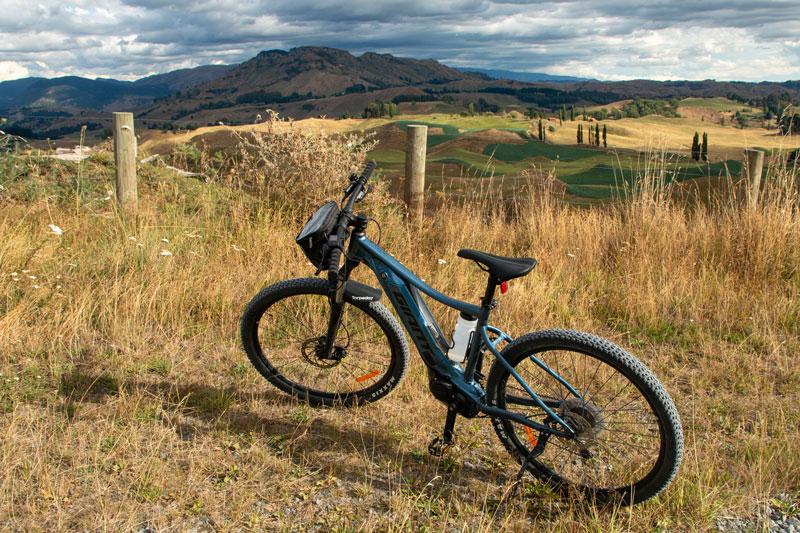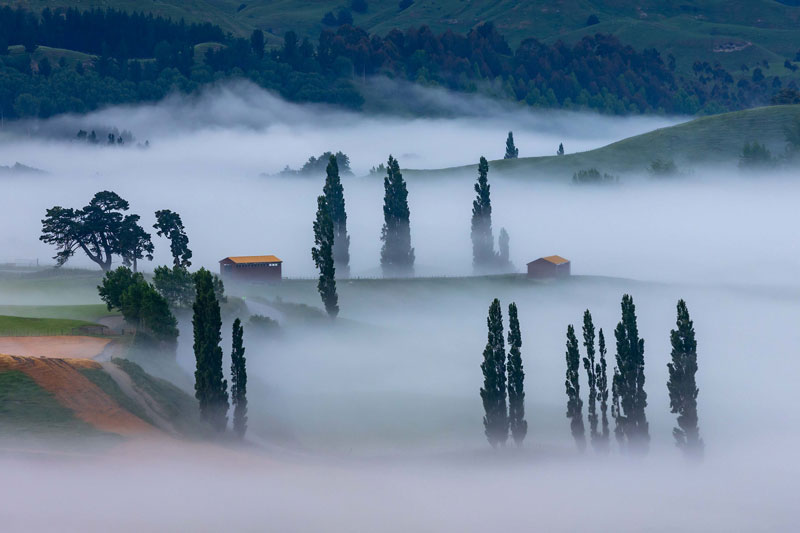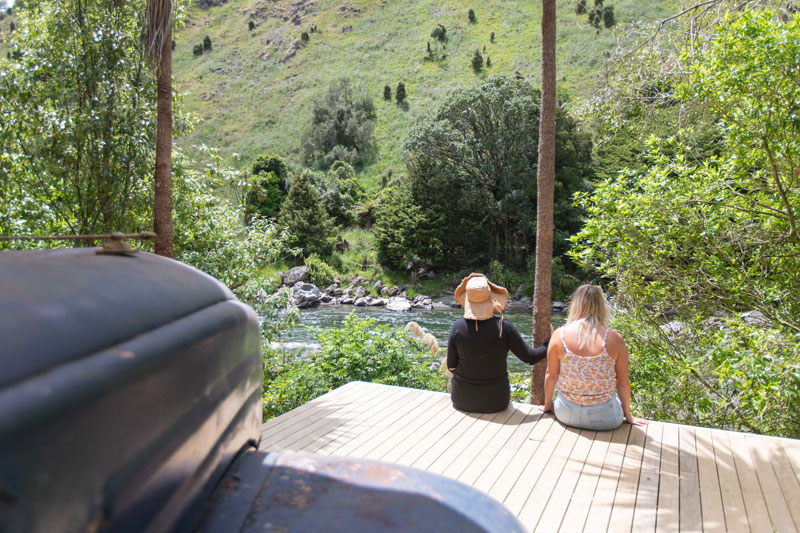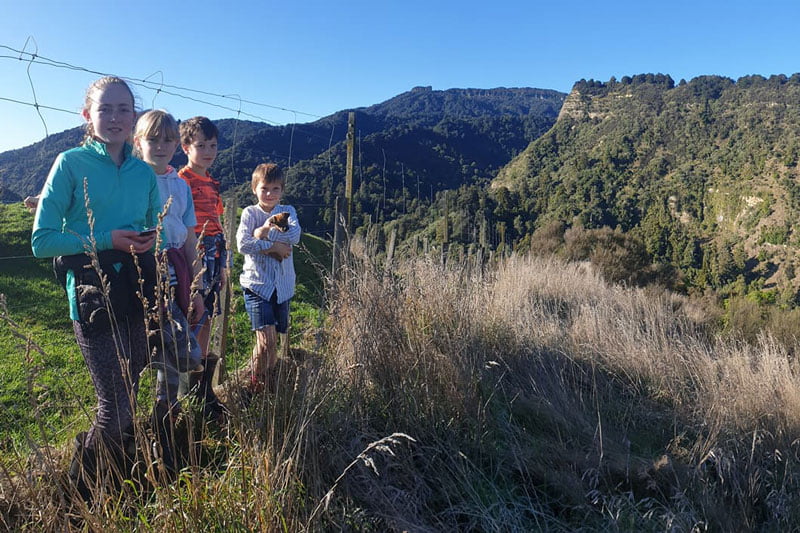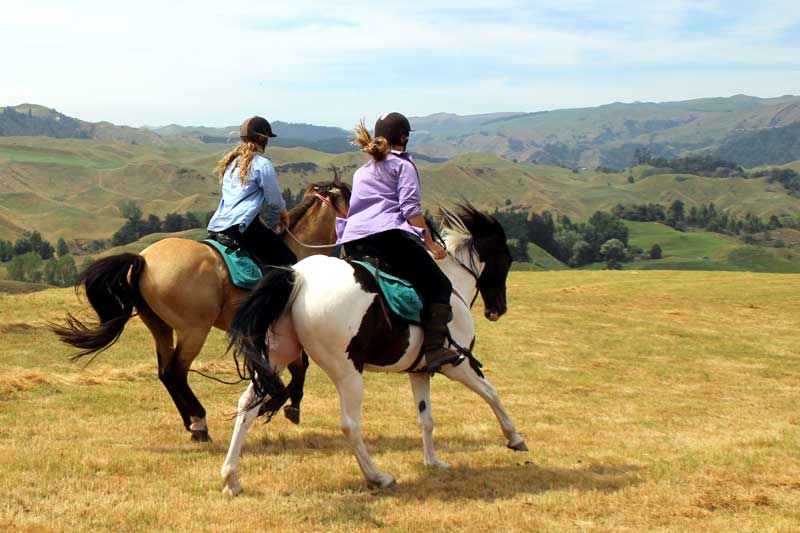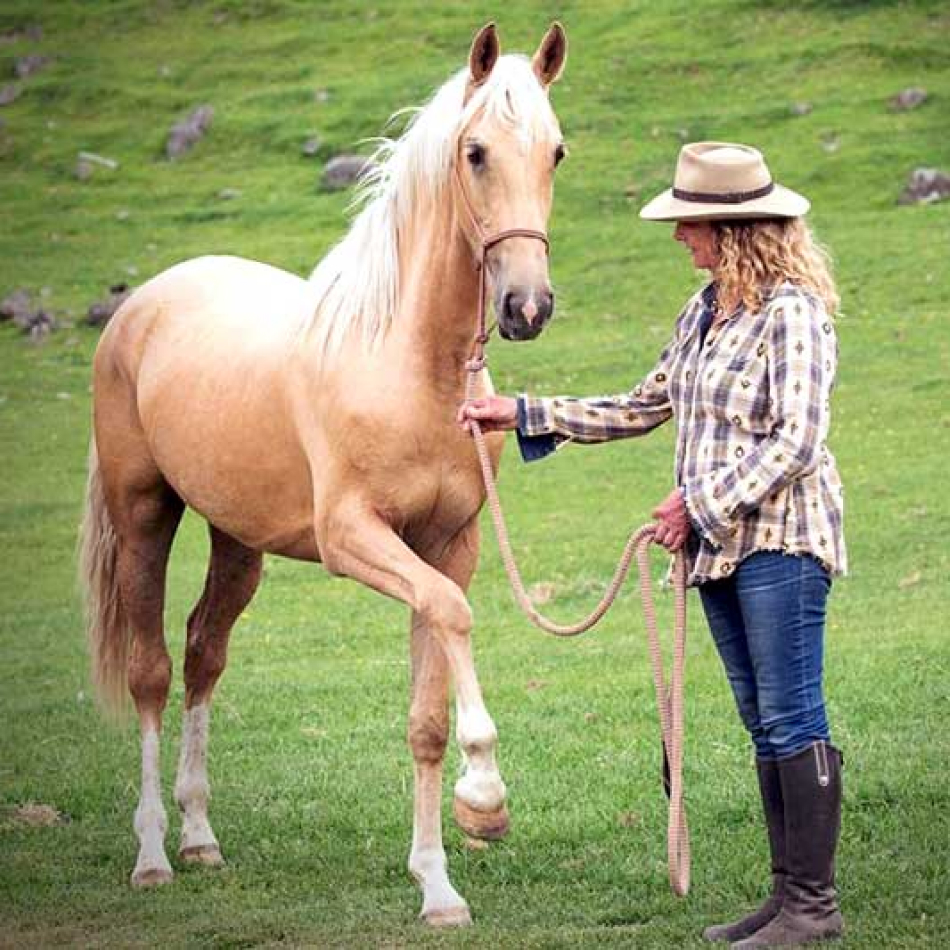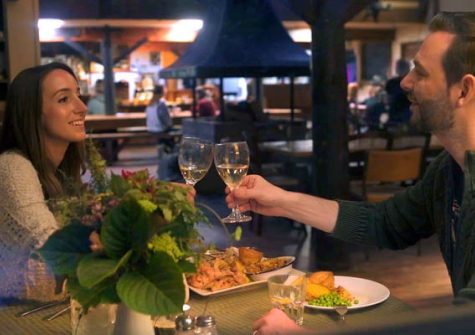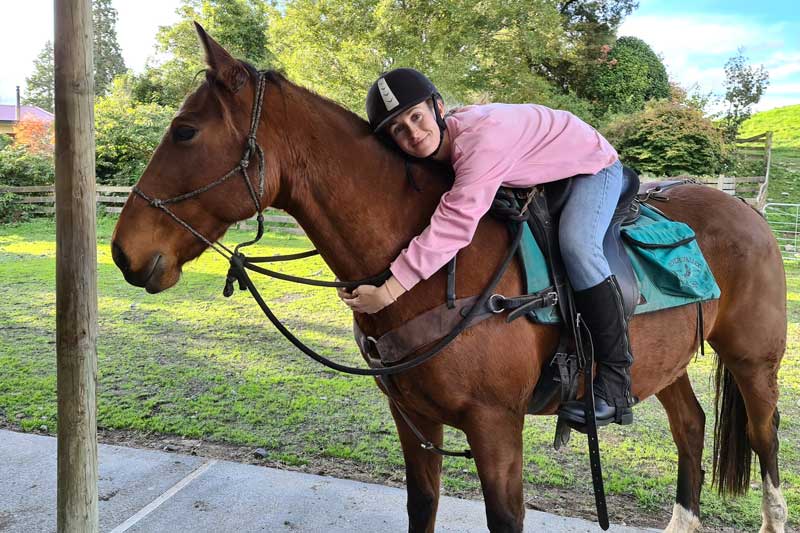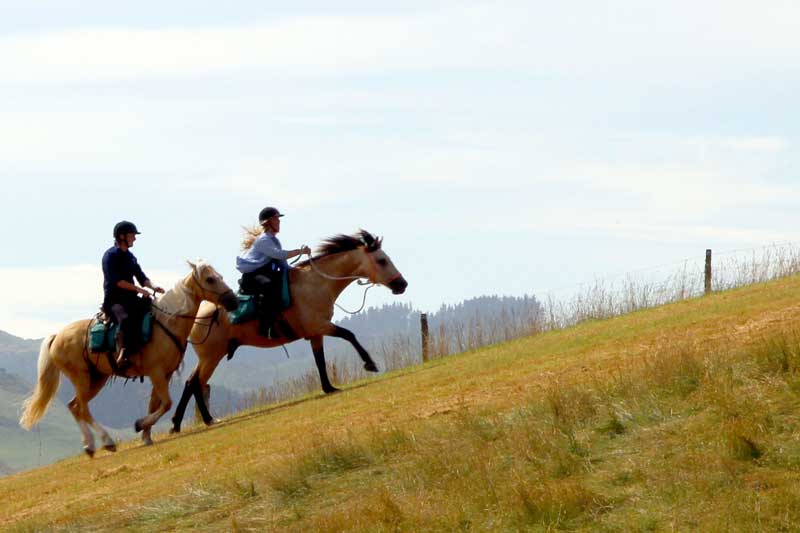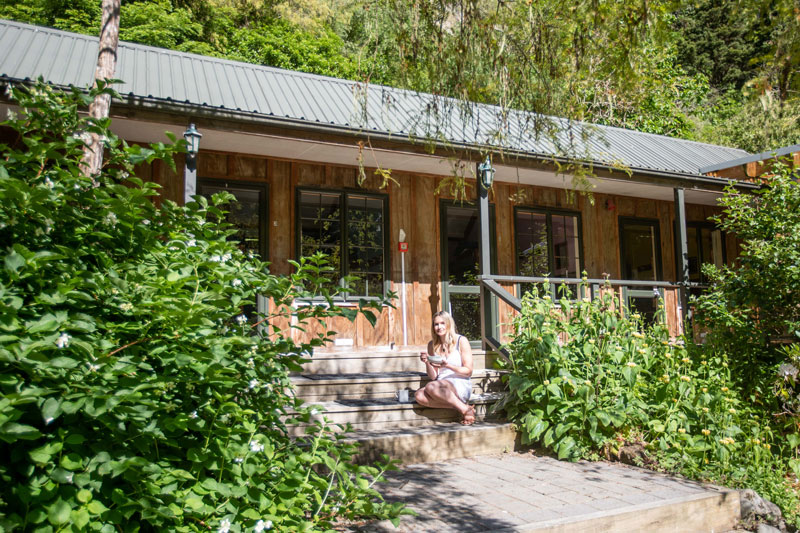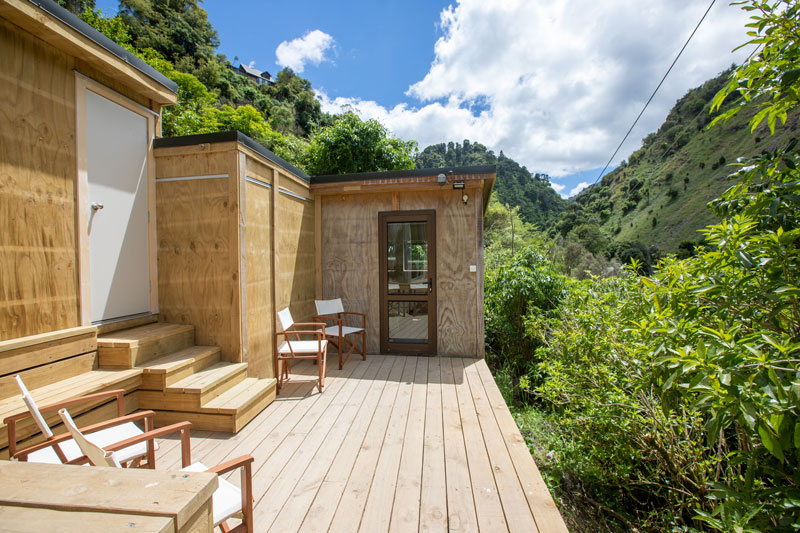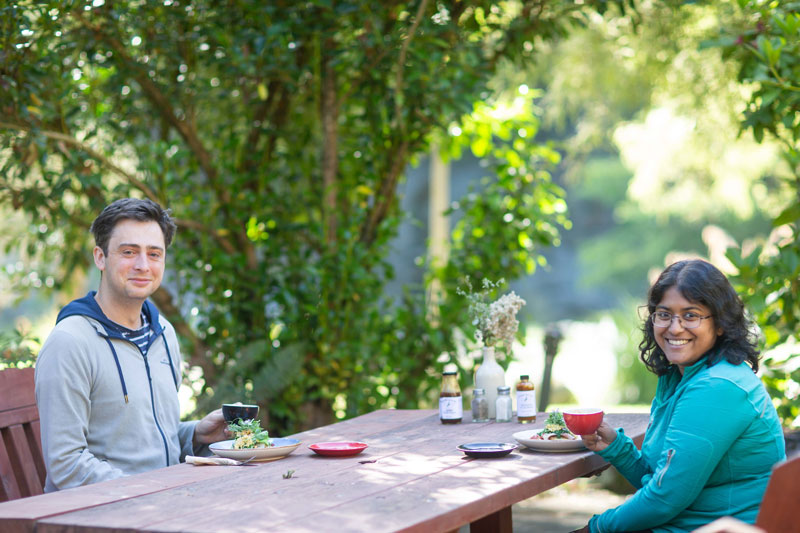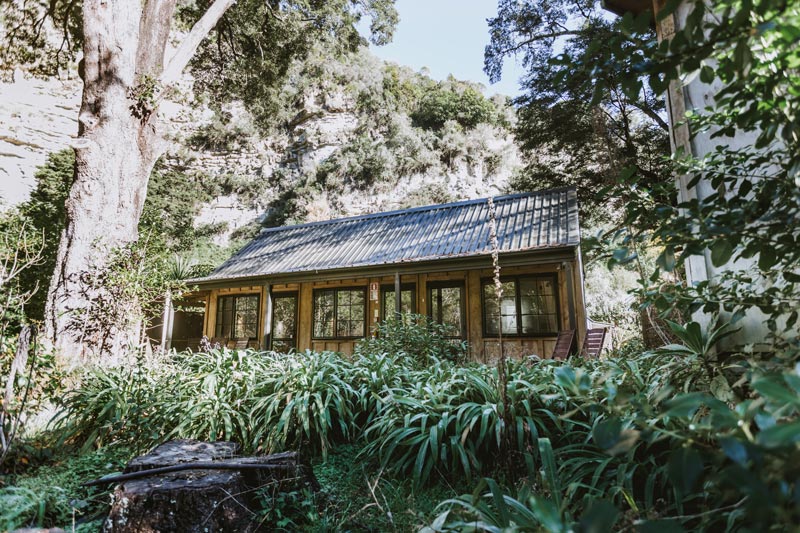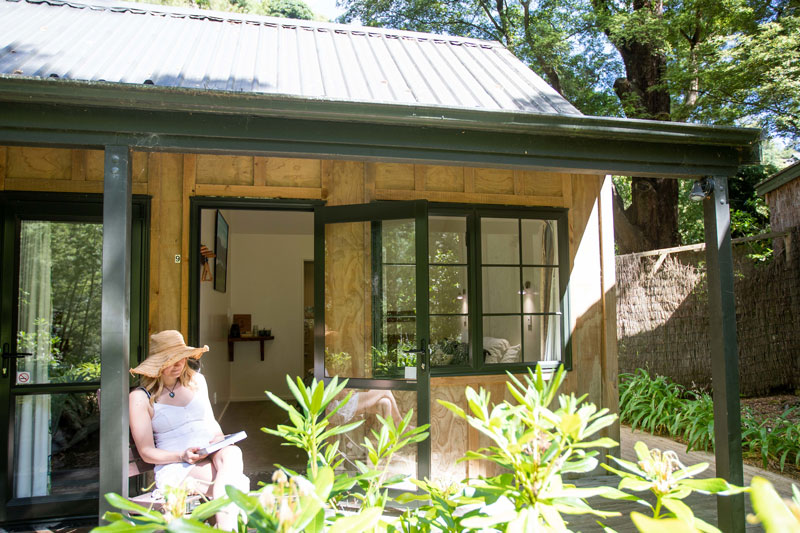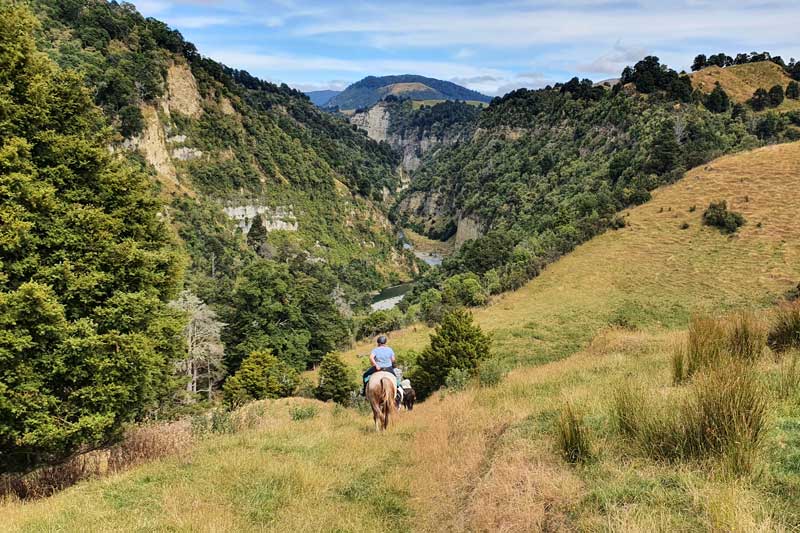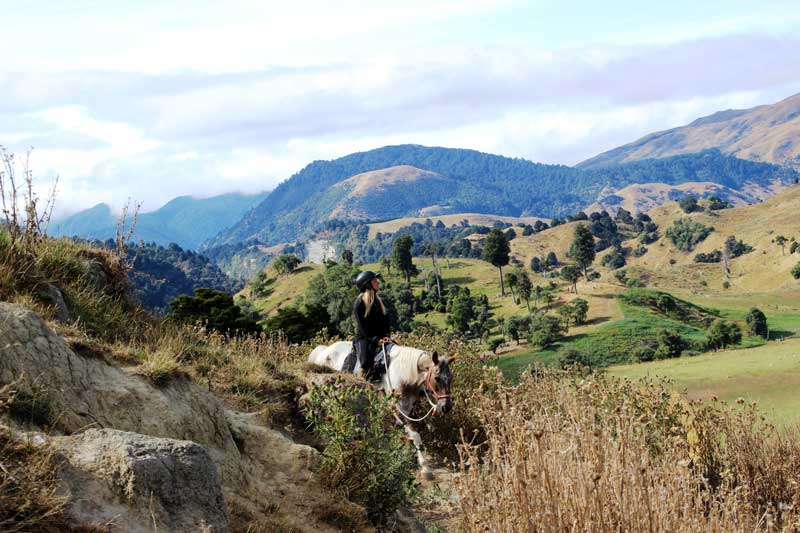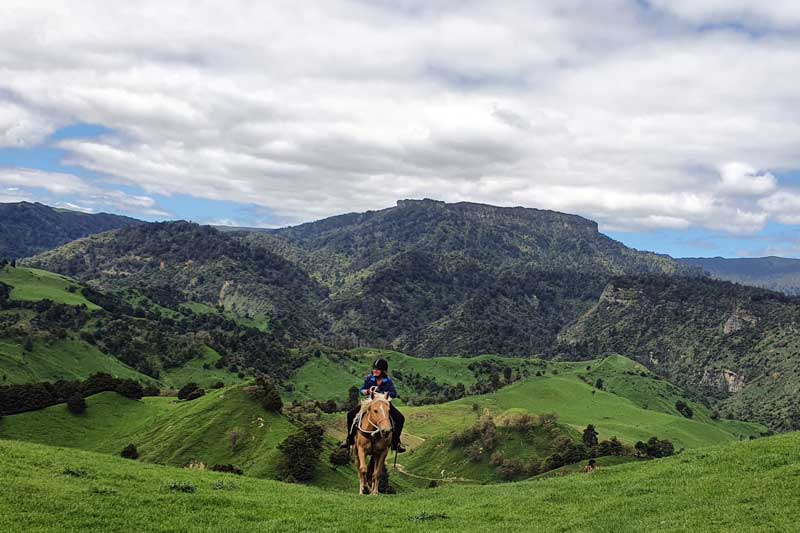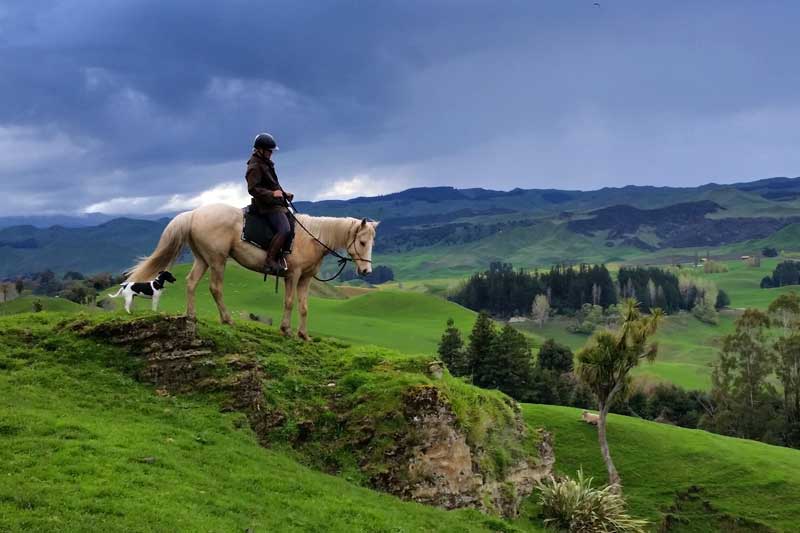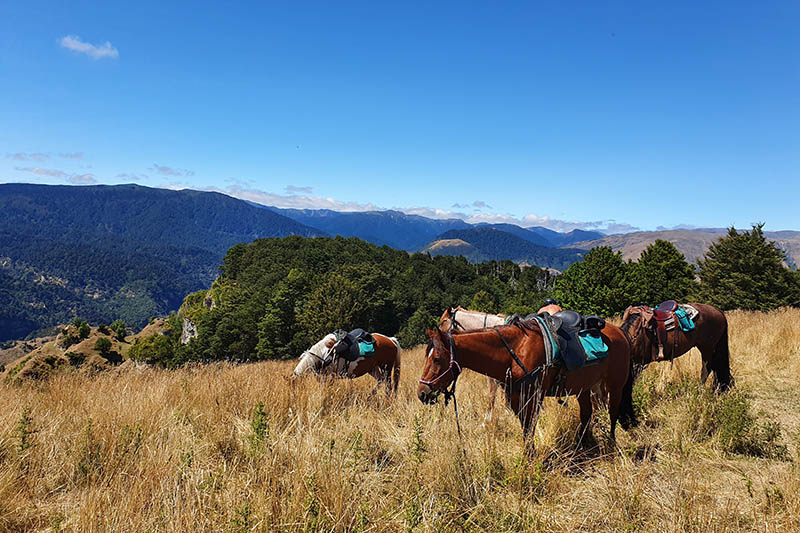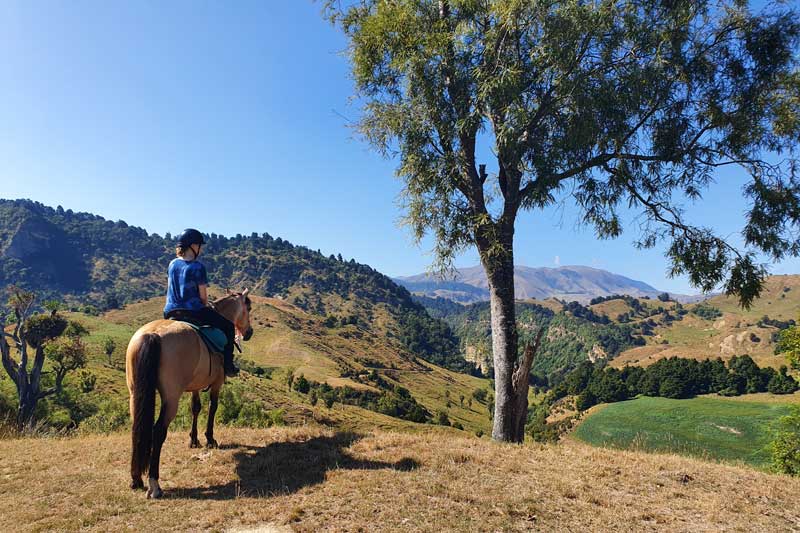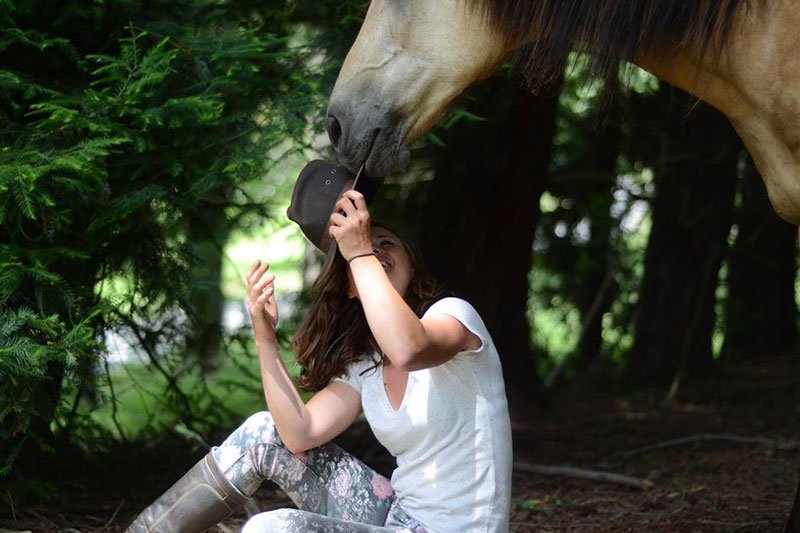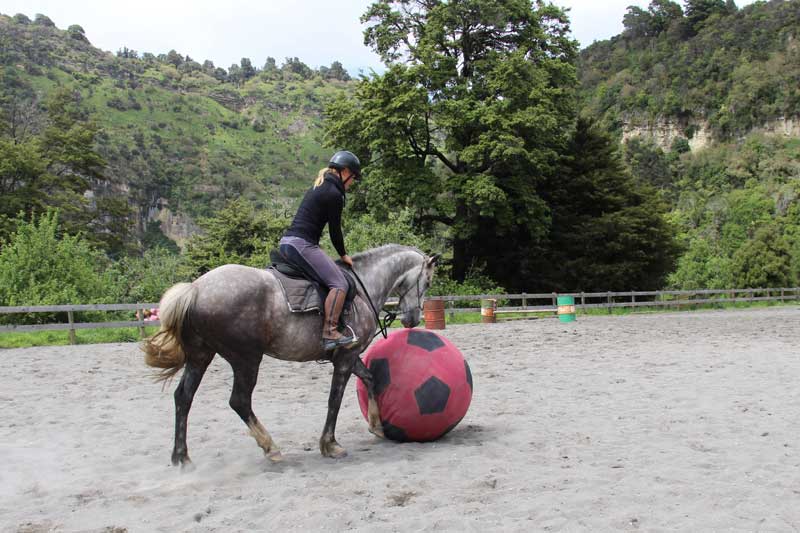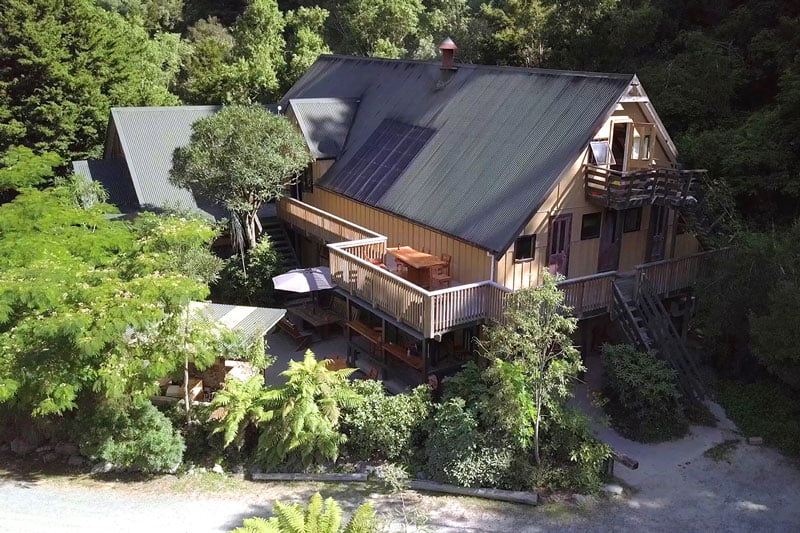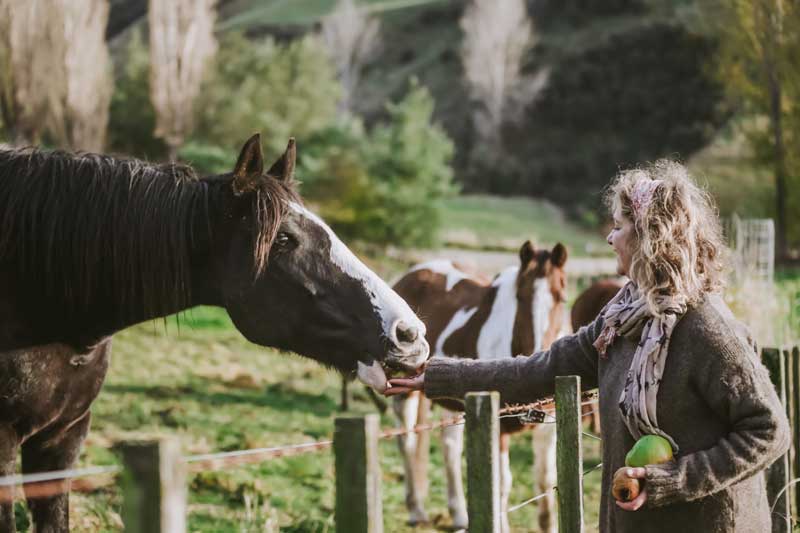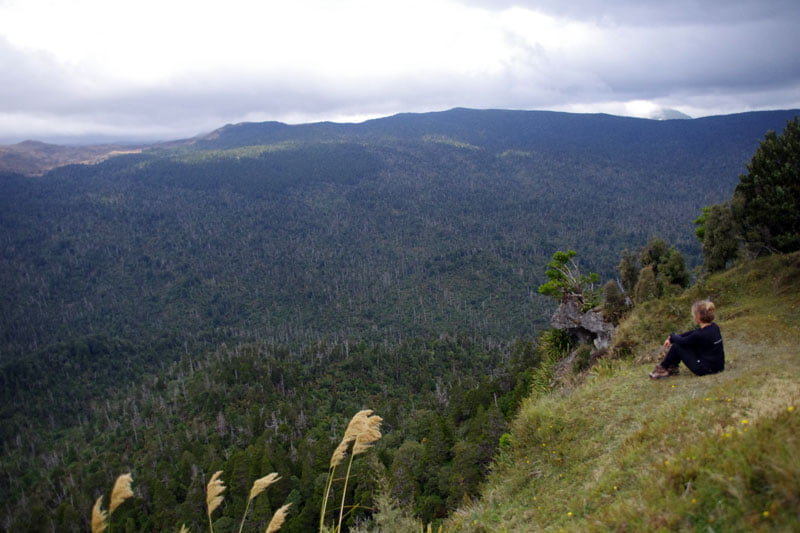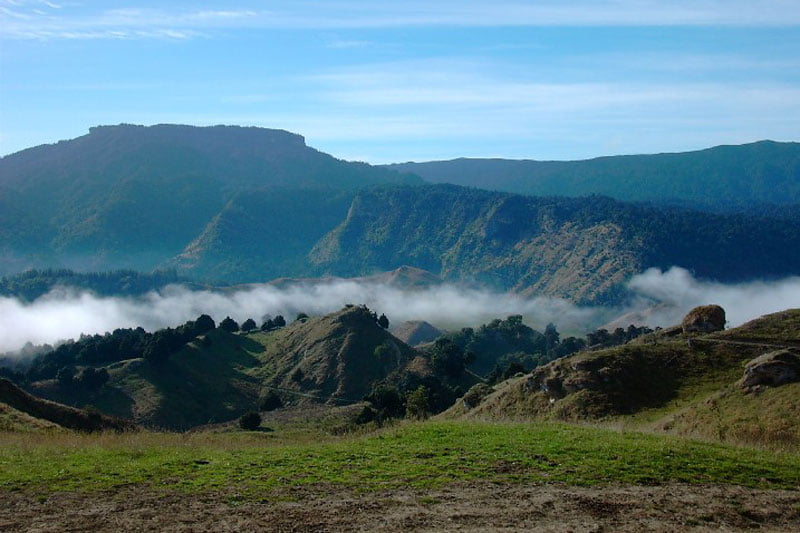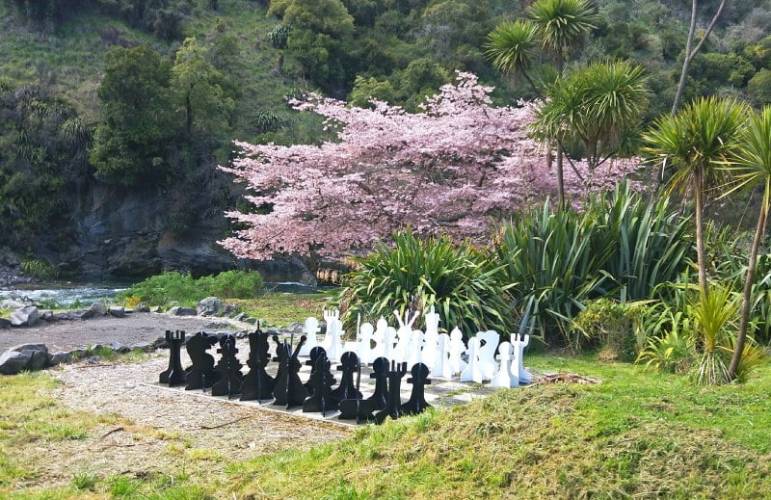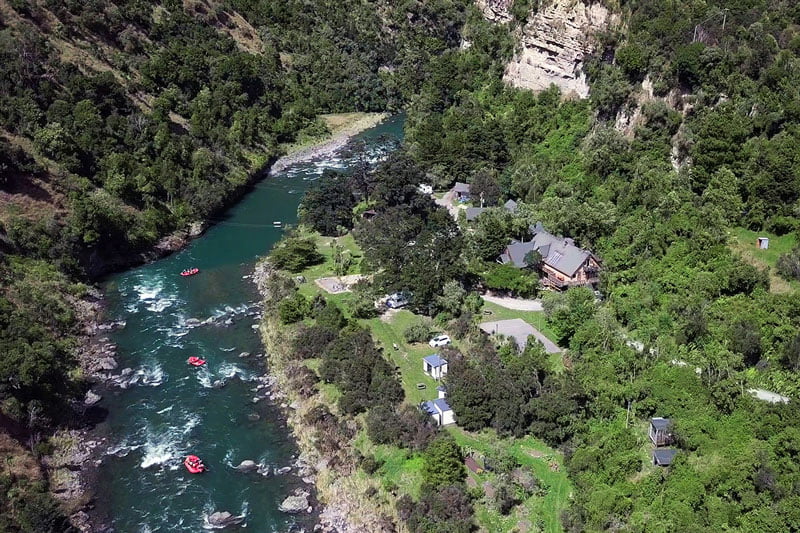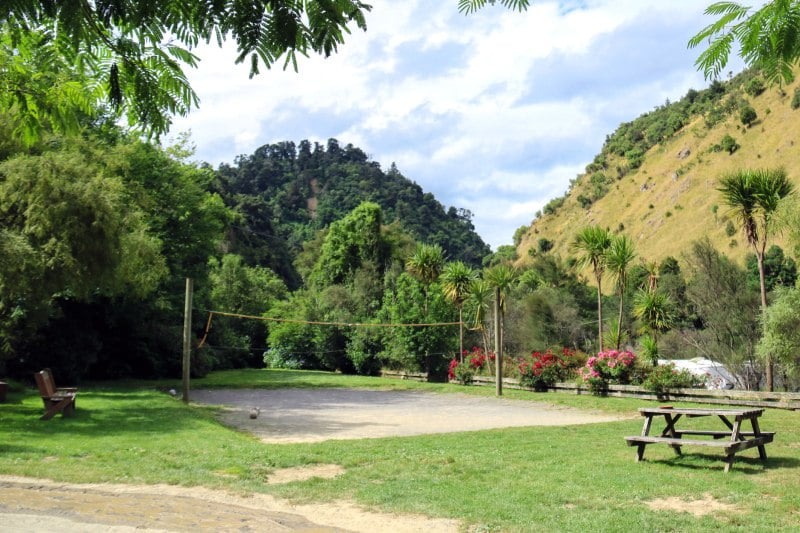Over the last year or two, the term “Regenerative Agriculture” has been making some headlines, both in rural and general media. There has of course been the inevitable backlash from many in the establishment. As with any new idea in any field that gains support, other people who are either benefiting from the current system or feel threatened by new ideas seek to oppose it.
This opposition can take many forms. These have ranged from challenging the Regenerative Agriculture movements scientific credentials to making statements about it being an American idea and not valid for New Zealand. The most classic and untrue one is that our agriculture is regenerative anyway, so why do we need to change anything? If you don’t know what Regenerative Agriculture is, then follow this link – https://youtu.be/IUJp431hWCQ
What I think all the pundits opposing the idea do not grasp is that it will be the farmers who go down this path, and the public who will start to look for their products, that will be the ones who decide whether the movement is here to stay or not. I have noticed that farmers and growers who are experimenting with aspects of being more regenerative are incredibly ready to share their experiences – both positive and negative. I believe they are correct in their view that the science behind it will have to catch up with what they are experiencing and achieving.
I am fascinated by the whole concept of being regenerative and have been for many years, in fact, since well before the subject even reached the mainstream media.
However, I am concerned.
What concerns me is that the concept of Regenerative Agriculture may be put into a box, much like organics has. For instance, if you follow “this” particular practice, then you are regenerative, and if you don’t, then you are not. There is already some pressure for this, and if accepted and implemented will inevitably lead back to the reductionist world view that was the original problem to start with.
This is the point where thinking in “wholes” comes in.
In the case of farming, it is embracing the concept of farmers or growers being ecosystem custodians and managers. But the philosophical underpinnings are even more significant than this.
These philosophical underpinnings are essentially a recognition that any life, is connected to all other life. It is a recognition that for us humans to be healthy, then the environment in which we live and grow our food also has to be healthy. It is a recognition that this life extends to all living things be they insects, fish, soil micro-organisms or bird populations.
How can you have healthy people if the soil and the plants and animals that are grown from that soil are not also healthy and fully functioning?
To me, this seems intuitive, but the reality is that this way of viewing the world is not the way we are taught, nor is it the way our present system functions.
It is by not embracing a “holistic” world view, and instead focusing on short term profits and simplistic solutions that we are now in the situation we find ourselves. Rivers we cannot swim in, crashing wildlife populations, the sixth mass extinction is accelerating as I write, climate change, rampant obesity much of which is caused by the food we eat. The list could go on, and I suspect also includes it being a factor in mental health issues and even feelings of spiritual impoverishment that are felt by many in our societies.
So in summary, Regenerative Agriculture, or regenerative anything for that matter, is not about some technical farming solution. Instead, it has to be about thinking in wholes, and how our actions need to be orientated towards working with all of life.
I think that unless we recognise that working with all of life is critical, then the outlook for our civilisation is bleak.
Brian Megaw



